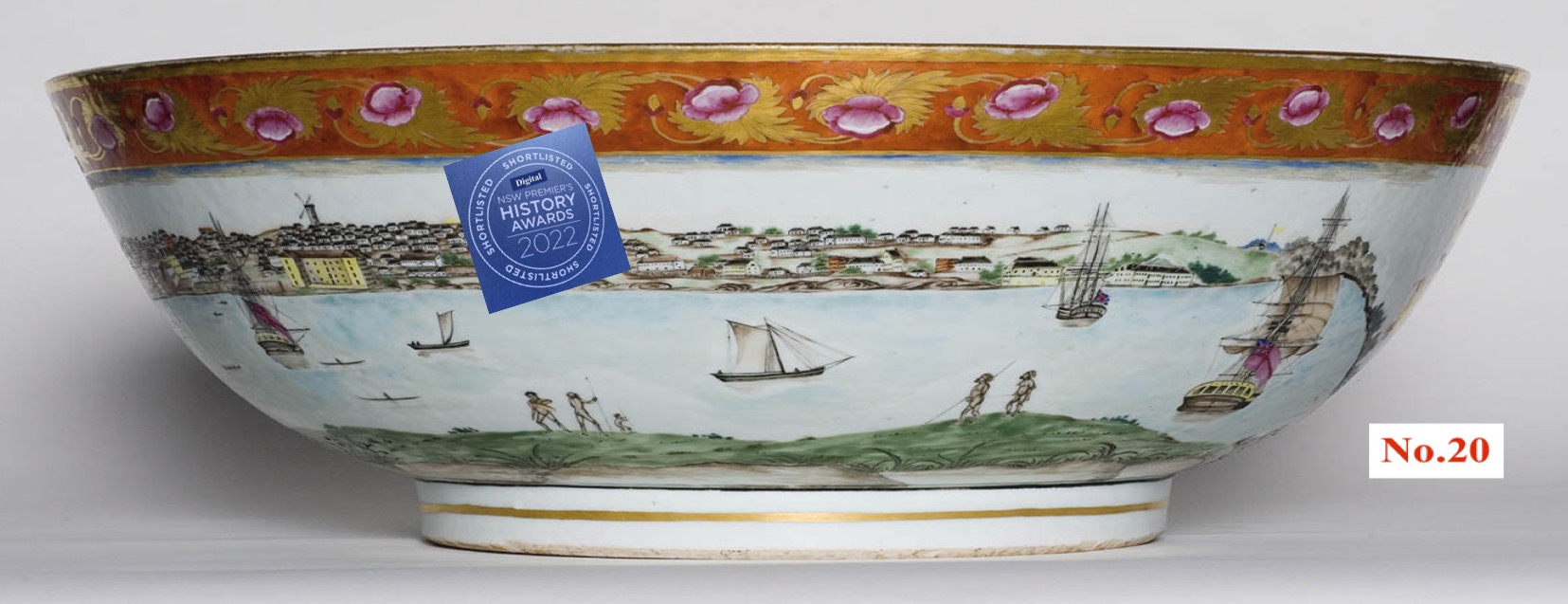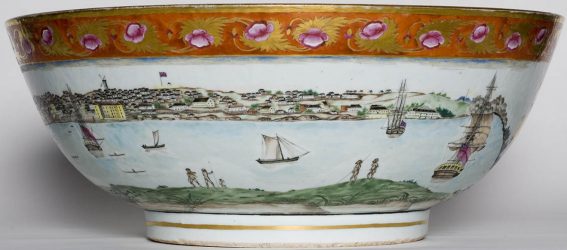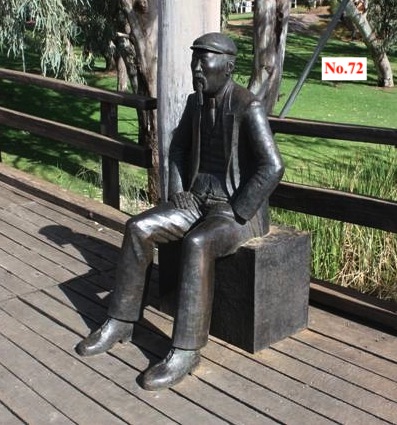
Located on the wharf at Wentworth where the Murray River meets the Darling River on the NSW/Victorian border is this statue to one of the town’s most prosperous river boat captains and traders. The bronze statue was erected in 2009 as part of the 150th anniversary celebrations of the Port of Wentworth to which Captain John Egge had contributed so much in his life. This was a life that reputedly began in Shanghai in 1830 before shifting as a young man to Australia, where he built up a successful riverboat-based business and a large family until his death in 1901.
There is much of interest in the life of John Egge (previously John Bull) relevant to Australian and particularly Chinese Australian history. These include his Shanghai birth, his disputes over the Poll Tax, and the fact that his family is reputed to have “forgotten” his Chinese birth at one stage. These three elements each point to significant aspects of Australian history that are worth noting and learning from.
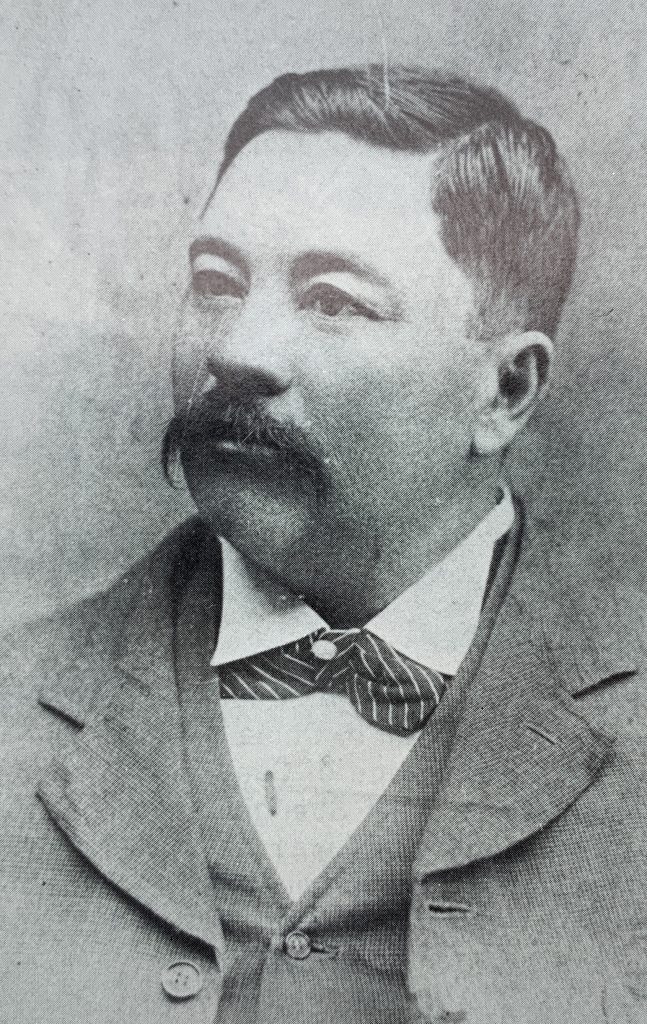
For Chinese Australian history John Egge’s reported Shanghai birth in 1830 – that is neither “Amoy” (see No.59 & No.67) nor from the Pearl River Delta makes this a rare pre-1949 origin. Shanghai’s status as a “Treaty Port” at the conclusion of the First Opium War and the fact that many Chinese men became crew for European ships makes John Egge’s Shanghai birth plausible and perhaps also accounts for his strong rejection of nominal alien status later in his life. As a perhaps Shanghainese-speaker he would have felt little or no affinity with the majority of Chinese Australian’s and the label “Chinese” indiscriminately used by European Australians would have been quite naturally rejected by him.
In any event Captain Egge had strong practical reasons for rejecting the label “alien”. As a river boat captain and trader on the pre-Federation NSW/Victorian border he found himself both subject to paying customs duties on his goods (hence he was a strong supporter of Federation) and on at least one occasion to payment of the Poll Tax. This last was directed only at Chinese people – though John Egge was legally a British Subject (having been naturalised in NSW). Nevertheless, he found South Australian Customs officials (though not NSW or Victorian ones) demanding he pay this tax. Henry Parkes claimed to have appealed to the South Australian government on his behalf, and locals subscribed to pay the £10 for him (which Egge donated to charity).
Despite being prominent locally and fathering a large family it was reported that his descendants only “discovered” their Chinese ancestry in the 1970s. This is apparently an exaggeration yet is plausible as the White Australia policy and its all-pervasive “whitewashing” of Australian history did lead many families to neglect to pass on to succeeding generations that one or more of their ancestors had been Chinese. A surprise waiting for DNA armed family researchers that continues to go off today. (See No.74) The erection of a statue to the “born in Shanghai” Captain Egge in 2009 was certainly enthusiastically supported by proud descendants at that time.
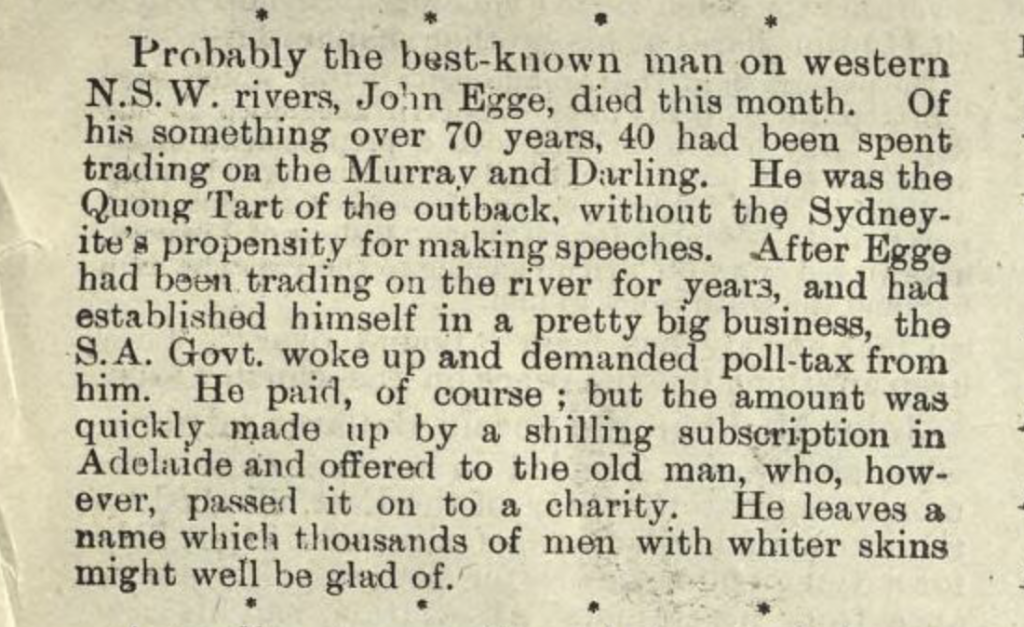
The Captain John Egge story is interesting if for no other reason than it helps us learn that history and the present are not opposites separated by straight lines but two sides of a constantly spinning coin.
See also: Morag Loh, “John Egge: a champion of the rivers”, Hemisphere, 28 (1), 1983, pp.35-39.
